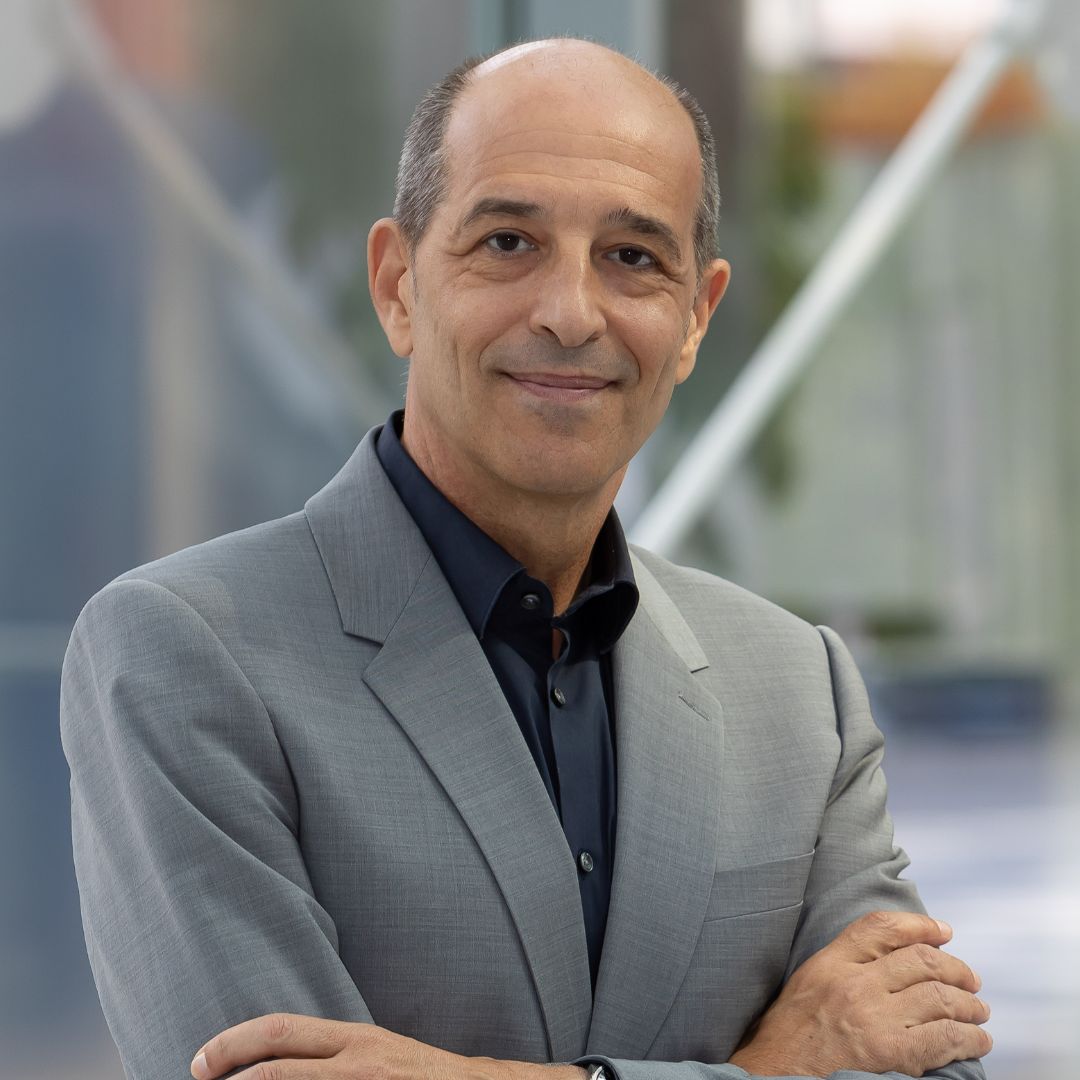As ERS Vice President, what are you most looking forward to about this year’s ERS Congress?
The ERS Congress is a great opportunity to network with colleagues from around the world. It is also the best opportunity for early-career researchers and clinicians to present their results and meet with senior researchers in their field.
The most difficult part is to select the sessions you want to attend because due to the size of the congress and the huge number of sessions, it is essential to plan your visit to the conference so that you do not miss anything important.
In particular, though, I am looking forward to seeing the results of the clinical trials of new treatments for COPD.
How important is the theme of this year’s Congress – ‘Respiratory health around the globe’?
This theme highlights the global nature of our Society. We really care about respiratory health globally, not just in Europe. Respiratory health across the world is threatened each day by a number of risk factors; as respiratory professionals, it is our responsibility to prioritise these factors in our research agenda.
What will be the hot topics to look out for at this year’s Congress?
The congress is so vast and will cover a huge amount of important topics, which makes it a great opportunity not only to be updated in your specialist area, but also to receive the latest updates in areas beyond your usual area of expertise.
I’m very interested in the studies of trajectories of lung function; the possibility of remission in asthma; new treatments for ILD; the screening strategies for lung cancer; and many others.
What are your top three session picks from this year’s programme?
As a whole, I like the Lungs on Fire sessions – particularly those dedicated to airways diseases. These sessions are always very educational and engaging.
Mini symposium Forewarned is forearmed: cohort studies in the mission to understand structural and immunological determinants of early disease in chronic obstructive pulmonary disease (10:15–11:45 CEST, Sunday 28 September)
Some determinants in early life explain aspects of airways diseases in adulthood; there is new evidence of the type of determinants that may affect lung development.
Hot topics Big changes on a small scale: Microbiome targeted therapies for the prevention and treatment of respiratory diseases (15:30–17:00 CEST, Monday 29 September)
Infection plays an important role in the development of some airways diseases, such as COPD. However, there is limited information about the importance of modifying the microbiome in these patients to improve clinical outcomes. We definitively need to learn more about the interplay between bacteria and the host in COPD.
Which session or topic within this year’s Congress programme do you believe will have the most direct impact on patient care?
The main objective of the ERS Congress is to improve patient care, but of course some sessions may be more impactful than others for patients in the short term.
However, one of the characteristics of the ERS Congress is that it is very patient-focused. Some of the sessions that may have an impact on patient care, for example:
Hot topics Cough phenotyping: from the clinic to treatment (08:30–10:00 CEST, Monday 29 September)
Hot topics Respiratory infections – prevention is better than cure (13:45–15:15 CEST, Sunday 28 September)
Hot topics Understanding disease variability and its impact on the management of obstructive sleep apnoea (13:45–15:15 CEST, Sunday 28 September)

 ERS Respiratory Channel
ERS Respiratory Channel
 ERS Respiratory Channel
ERS Respiratory Channel



